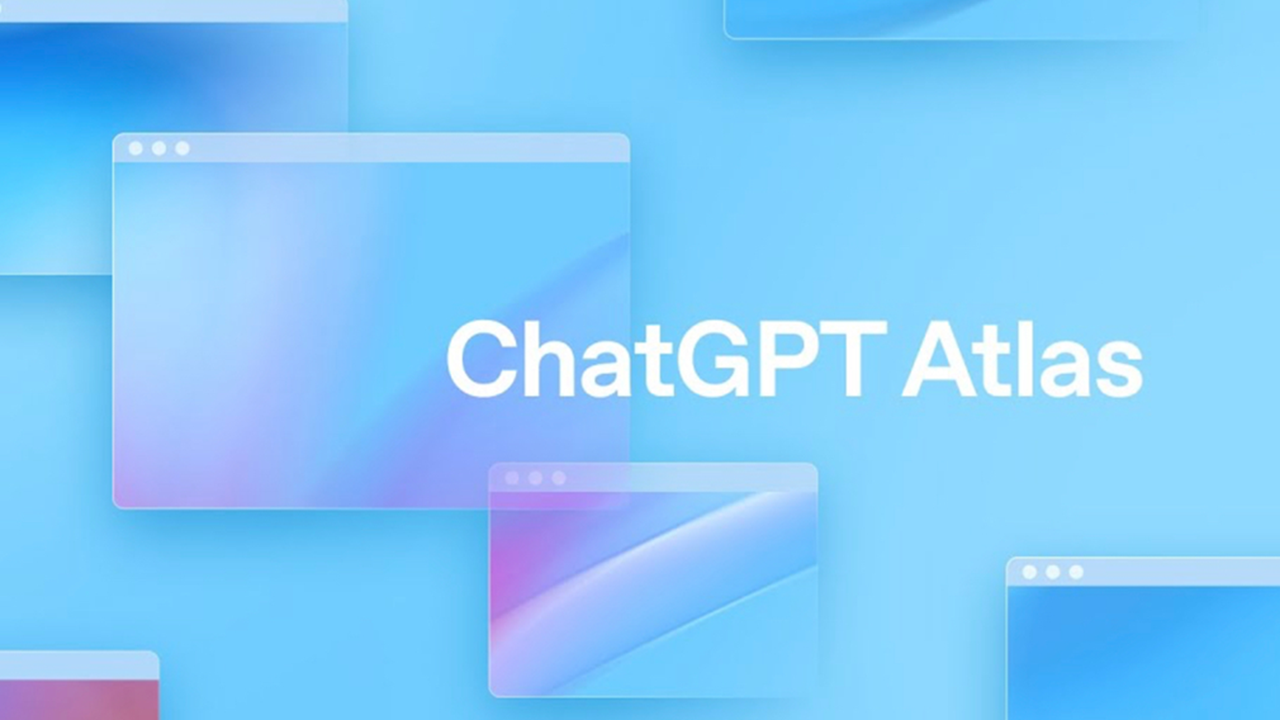
GM to Equip Vehicles with Google Gemini‑Powered AI Assistant
General Motors announced that its future models will feature a conversational AI assistant built on Google Gemini. The new system, integrated through OnStar, aims to deliver more natural voice interactions, access vehicle data, and provide web‑based answers. GM highlighted its focus on user control and privacy, noting that driver data will be used only to improve the service. The rollout positions GM alongside other automakers exploring generative AI in cars, marking a significant step toward more intelligent in‑vehicle experiences.










